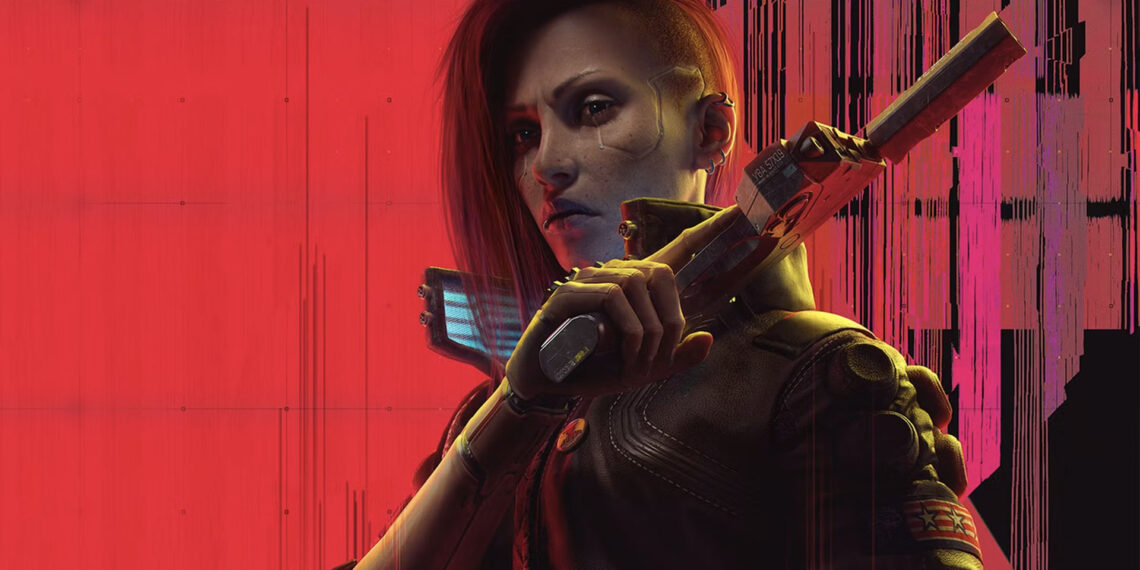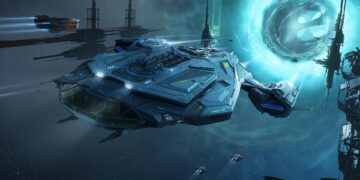During a financial conference call for investors and analysts, CD Projekt Joint CEO Michał Nowakowski and Chief Financial Officer Piotr Nielubowicz shared more information about the developer’s plans and upcoming games.
Speaking during the livestream about the work being done with Unreal Engine 5, they mentioned that, while nothing worth doing in life is easy, the company feels “quite confident” with its engine choice. CD Projekt is also working on a lot of tools tailored to its own needs.
Work on the project code named Sirius (a multiplayer game based on the Witcher franchise) is “definitely progressing.”
The game is currently being developed by The Molasses Flood, and is defined as a “different type of game” compared to CD Projekt’s single-player RPGs, and the executives mention that “in this sense, it may be treated as experimental,” but the company is closely monitoring development results and they’re “satisfied” with them.
Quite a few questions were asked about the sizes of CD Projekt’s development teams, and the executives mentioned that the team working on project Polaris (the next mainline Witcher game) is “kind of complete.” It will “probably grow a bit” but it has most of the people required for development, so CD Project does not expect significant increases.
The company believes that Polaris should continue development with a team of “400-something.” One of the learnings from the development of Cyberpunk 2077 is that the team was “a bit too big” and CD Projekt would like to work on future games with slightly smaller teams in comparison.
This is the approach they’re taking with both Polaris and planning Orion (the next Cyberpunk 2077 game) over the next years.
The developer expects growth next year for the teams working on Sirius and especially Orion. Orion’s team currently counts around 60 people and over the course of next year, it will probably double its headcount.
The team working on Sirius is also expected to grow, but “not that dynamically.” Teams working on other projects also keep growing, but since some are made with external partners, the headcount on CD Projekt’s side is limited.
We also hear that the company prefers a mixed approach to sharing news about its games, including its own livestreaming events without ignoring major general gaming trade shows and events.
The release date of future games won’t be announced until pre-orders can begin, and console digital storefronts don’t allow launching pre-orders more than one year before launch.
According to Nowakowski, CD Projekt’s games have historically taken 4-5-ish years in development and no reasons come to mind for now why Polaris should take a shorter or longer period of time. “It’s got every tool possible at its disposal to progress on a regular path.”
The executives explained that CD Project doesn’t really rely on surveys to dictate the course of its projects. They base it on knowing their niche and relying on their guts. Of course, they do research in terms of user experience, but not in terms of where the story should go.
The company is also “happy” with the pace at which the Cyberpunk 2077 live-action project is progressing, but has nothing new to share at the moment. CD project is also “definitely planning to do more in terms of animation” for the franchise. While Nowakowski stopped short of confirming a sequel for the Cyberpunk Edgerunners anime, we should “expect to see more for sure” in that field.
If you’d like to read more about CD Projekt’s financial results, you can enjoy our dedicated article, which also provides an update on the company’s current projects, the new The Witcher game codenamed “Polaris” and the new Cyberpunk 2077 game codenamed “Orion,” alongside a new IP codenamed “Hadar.”












